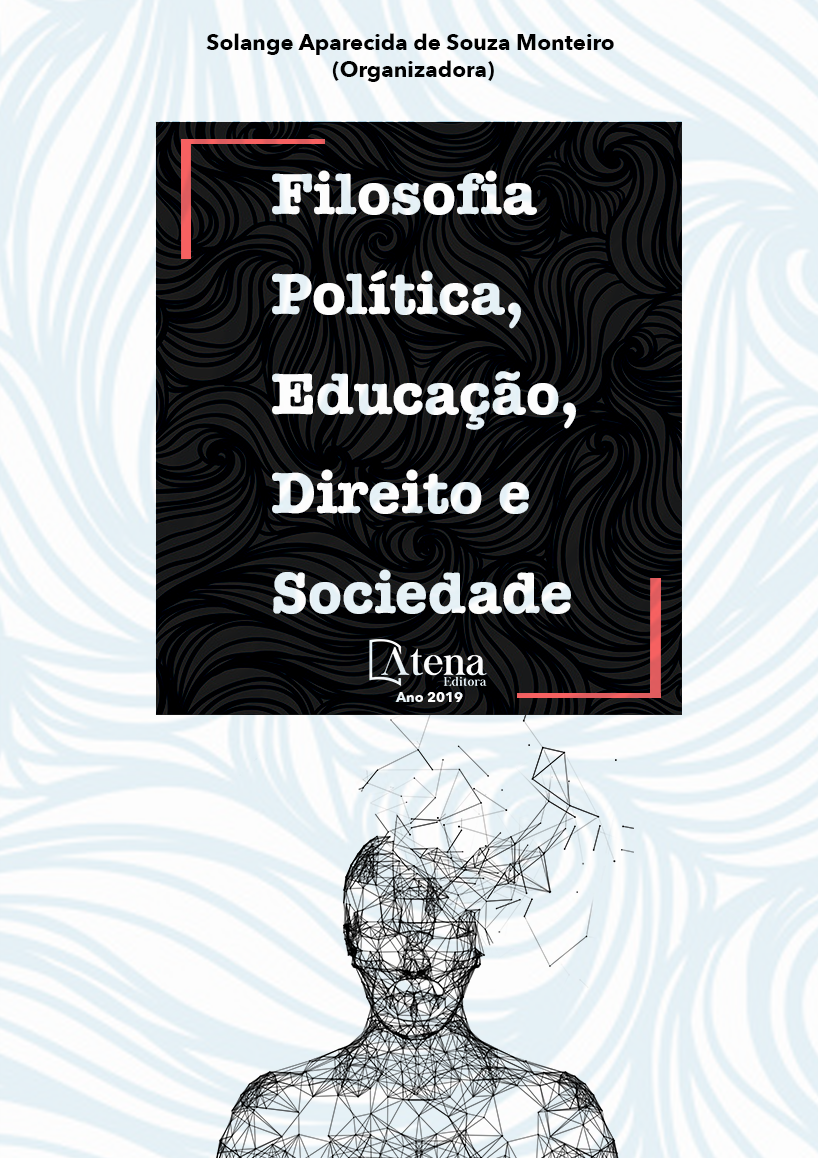
O BRINCAR NA INFÂNCIA: REFLEXÕES SOBRE A LIBERDADE DE CRIAÇÃO PARA A EDUCAÇÃO INFANTIL
O brincar possibilita que a criança
desenvolva suas potencialidades e criatividade,
enquanto ser que cria o seu próprio mundo
através dessa atividade. Através do brincar
a criança pode experienciar a liberdade
de criação e usufruir de um viver criativo.
Proporcionar espaços para o viver criativo está
diretamente interligado com a capacidade do
indivíduo de estabelecer sua capacidade de
viver as experiências da realidade ao seu redor
e constituir-se como ser. Este trabalho tem
o intuito de analisar a relação do brincar com
o desenvolvimento da criança na educação
infantil. O estudo é baseado na teoria de
Winnicott e resulta de pesquisa bibliográfica de
natureza qualitativa. Dessa forma, essa análise
enfatiza a necessidade de um ambiente que
proporcione condições suficientes para que a
criança se aproprie do brincar como expressão
de um viver criativo, que traz como possibilidade
a construção da própria subjetividade e a
experiência de um desenvolvimento saudável.
Por intermédio do brincar a criança pode ligarse
ao campo cultural e isso é perceptível como
forma de expressão que comunica aos outros
desejos e necessidades da própria criança, bem
como proporciona a capacidade de inserção
em relações com o outro. A possibilidade do
brincar oferece a base para que ela estimule
sua capacidade de imaginar, expressar-se
por meio da arte ou mesmo impulsionar sua
capacidade de investigar a realidade, enquanto
ser que busca o conhecimento.
O BRINCAR NA INFÂNCIA: REFLEXÕES SOBRE A LIBERDADE DE CRIAÇÃO PARA A EDUCAÇÃO INFANTIL
-
DOI: 10.22533/at.ed.94019040220
-
Palavras-chave: Brincar; Infância; Winnicott.
-
Keywords: Play; Childhood; Winnicott.
-
Abstract:
Play allows the child to develop
their potentialities and creativity, while being
that creates their own world through this activity.
Through playing the child can experience the
freedom of creation and enjoy a creative living.
Providing spaces for creative living is directly
intertwined with the individual’s ability to establish
their capacity to live the experiences of reality
around them and to constitute themselves as
being. This work aims to analyze the relationship
of playing with child development in early
childhood education. The study is based on
Winnicott’s theory and results from a qualitative
bibliographical research. Thus, this analysis
emphasizes the need for an environment that
provides sufficient conditions for the child to
appropriate play as an expression of a creative
living that brings as a possibility the construction
of one’s own subjectivity and the experience of
a healthy development. Through the play the
child can connect to the cultural field and this
is perceptible as a form of expression that communicates to the other desires and
needs of the child itself, as well as provides the capacity for insertion in relations with
the other. The possibility of play provides the basis for her to stimulate her ability to
imagine, express herself through art, or even boost her ability to investigate reality as
a being who seeks knowledge.
-
Número de páginas: 15
- Suzy Kamylla de Oliveira Menezes


